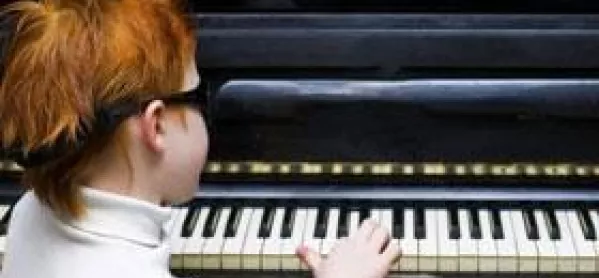Most primary teachers have had no training in music, and lack the confidence to be able to teach the subject effectively, according to new research.
And, while many primaries have a piano on the premises, there is often no one on the teaching staff who is able to play it.
A survey of teachers in 116 primaries reveals that music is often overlooked in the infant curriculum, with many teachers lacking the knowledge to teach it properly.
Susan Hallam, of the Institute of Education in London, reveals that many primary teachers are so unconfident about teaching music that they are unwilling to sing in front of a class of four-year-olds.
Fewer than half received any music training during their teaching degree. Only one in four of those teachers who had received music tuition claimed that it had been effective, and one in 10 received so little training that it had minimal impact.
Meanwhile, almost three-quarters of teachers admitted that they can only read music at a basic level.
Professor Hallam said the problem is that music is competing with core subjects such as numeracy and literacy.
Sue Nicholls, of the National Association of Music Educators, agreed: “It’s an endemic problem. The arts have become a Cinderella. Trainee teachers need to be doing music once a week.
“You can’t teach music at arm’s length, at the whiteboard. You need to engage and become the child. You can’t teach without singing and playing things. And that takes confidence, grit and skills.”
But, even where teachers are suitably trained, primary music lessons are often hindered by a shortage of supplies.
A third of teachers said that their school’s annual music budget was less than Pounds 400. And 15 per cent reported that their school had no budget for music.
While a third of teachers said that they would ideally like a box of percussion instruments in every classroom, in many cases one box was shared across an entire infant department.
Professor Hallam said that music’s underdog status could be addressed if teachers were trained to make cross-curricular links between music and other subjects.
She also said that teachers should be provided with regular music tuition as part of their professional development.
“Every child has the potential to benefit from excellent music teaching from the earliest years of primary education,” she said.
“Investment in promoting this objective will surely have far-reaching consequences for individual pupils and their school communities.”
How music falls flat
In 2008, 59,824 candidates sat music GCSEs, down from 61,249 the previous year; 205,543 candidates sat art GCSE.




